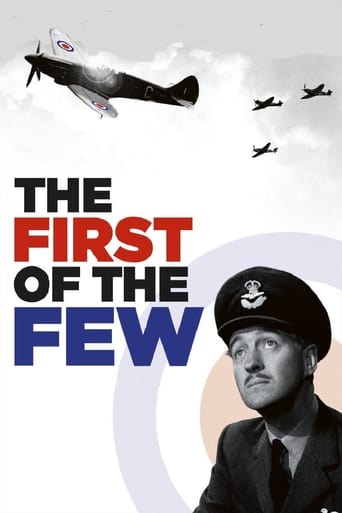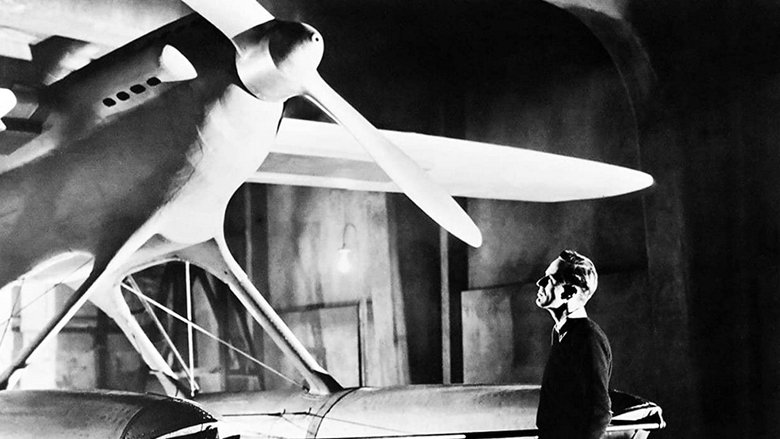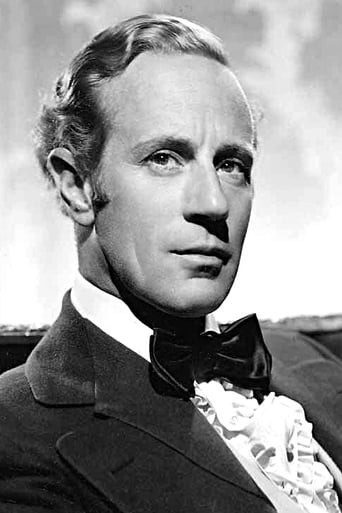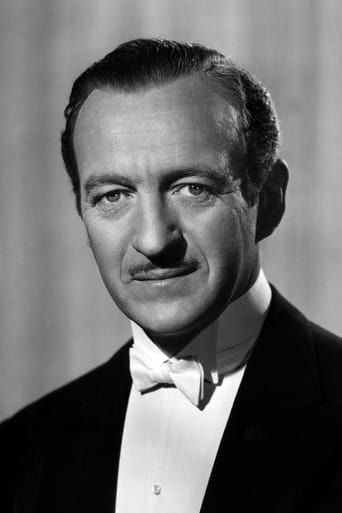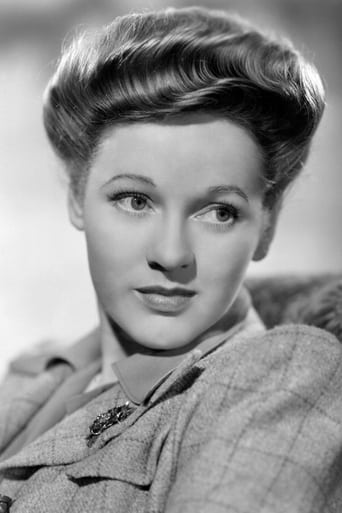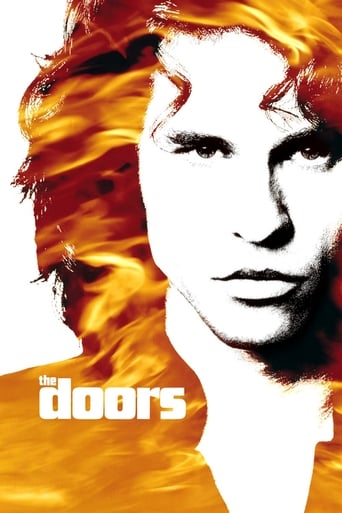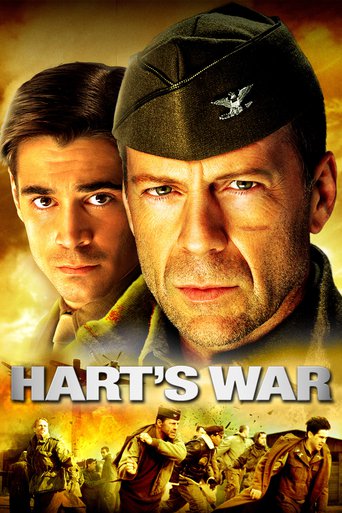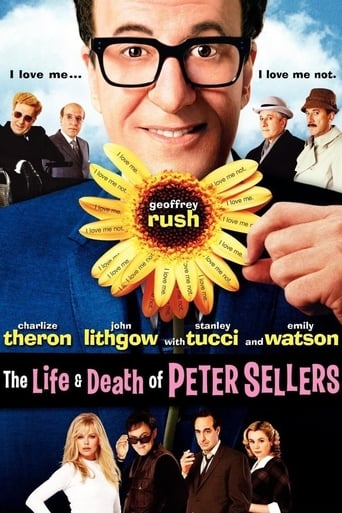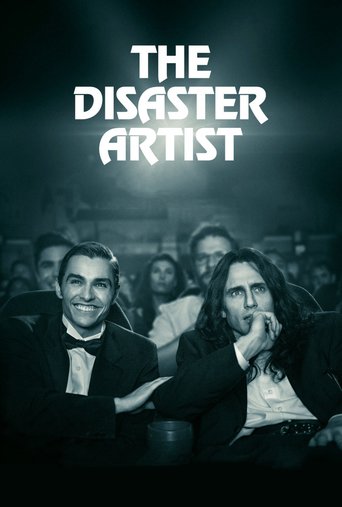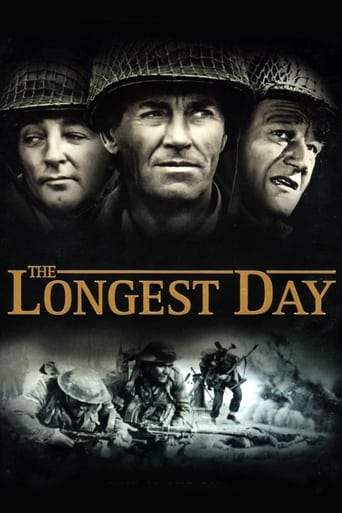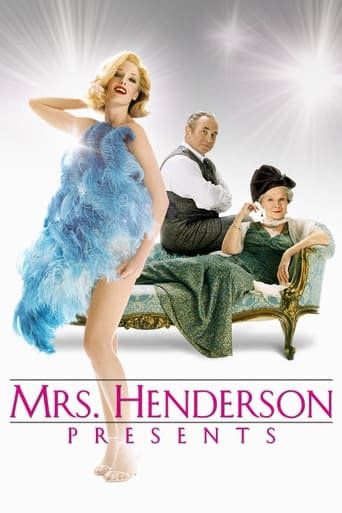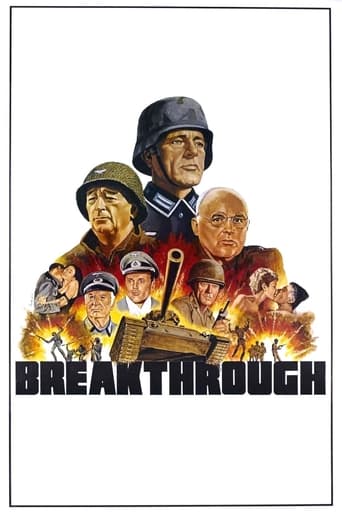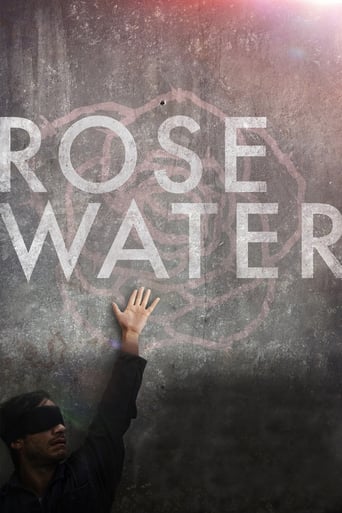The First of the Few (1943)
This 1942 fictionalized biopic chronicles the true story of how two of the most remarkable men in aviation history - visionary Spitfire designer R.J. Mitchell and his test pilot Geoffrey Crisp - designed a streamlined monoplane that led to the development of the Spitfire.
Watch Trailer
Cast


Similar titles
Reviews
THE FIRST OF THE FEW is a mildly interesting WW2 film released when the war was in full swing. That makes it a propaganda piece and, it has to be said, a rather dated one at that. The film is about the guy who invented the Spitfire and shows the political background to the build up of war, with lots of interesting historical characters thrown into the mix.Watching it today, the production has invariably dated and feels slow and rather staged. Leslie Howard and David Niven are both effective in the leading roles but the rest of the cast don't really make much of an impact and the running time is a bit long to sustain full interest. There are some good scenes here but too much talk along the way which slows everything down quite considerably.
On the face of it THE FIRST OF THE FEW is a patriotic flag-waver dramatizing the life of R. J. Mitchell (Leslie Howard), the designer of the Spitfire that proved so influential in helping Great Britain to assume control of the skies in 1940. The film contains its fair share of anti-German propaganda; at the beginning there are a series of speeches given by Hitler, Göring and Goebbels translated into English; and in the middle of the film Mitchell and his daring pilot Geoffrey Crisp (David Niven) are entertained at a dinner in Berlin, where their German hosts led by Messerschmitt (Erik Freund) announce their plans to re-arm and take revenge for the indignities heaped upon them during World War One. At heart, however, Leslie Howard's film is a story of courage and perseverance, of Mitchell's determination to create the ultimate flying machine, despite opposition from various bureaucrats, including Commander Bride (Roland Culver) and Sir Robert McLean (J. H. Roberts). In the pre-war era it seems that Mitchell is something of an eccentric in his desire to spend money with little or no apparent result, but there are those, including eccentric millionaire Lady Houston (Toni Edgar-Bruce) who are prepared to support him both financially and morally. The message is clear: Mitchell wouldn't have achieved his success without the help of many other people, even though he drives himself to death through overwork. Howard gives an understated performance in the central role; he seldom loses his sang-froid, but there is an inner steel to his character that drives him on. Niven offers admirable support, proving beyond doubt what a fine film actor he was; a small gesture, such as the thumbs-up sign towards the end, as he leaves Mitchell for the last time, is worth a thousand words. THE FIRST OF THE FEW contains some memorable montage sequences, emphasizing the interconnectedness of many important events, both private and personal: Mitchell's face is juxtaposed with an image of the rolling British countryside, and a close-up of the Spitfire, emphasizing the link between national identity, the designer and the plane. The sentiments might appear dated now - especially the emphasis on British stiff-upper-lip stoicism in the face of adversity - but Howard's film has a sincerity of purpose that still provokes a frisson in viewers' minds.
It is ironic that Leslie Howards last film would be about the fate he would suffer soon after. Howard shot this film before flying into the war and his death mere months later.This biography of RJ Mitchell who created the famous British fighter is documented in this movie. In support is David Niven in one of his better more serious film roles. The film made in 1942 is definitely war propaganda. Still it tells an important story.Mitchell knew he was ill, but was a man on a mission to get the Spit Fighter complete before he died. While the movie is not real clear on Mitchell's illness, the fact is that he did die within a year of his getting the first Spitfires built.A good cast puts together a good film which elevates Mitchell (Howard) into a key historic position. The real Mitchell died of Cancer within a year of the plane design completion and the first major orders by the British Government.
My father was one of the fighter pilots featured in this film (speaking part and "action " shots ) This film was part of his "war" ,if you like. To me ,this film represents the very best of British cinematography of its day and genre.I have some "stills " of the film and also quite a few w action shots (no pun intended !)on the open air set at RAF Ibsley in 1942. The soundtrack on most broadcast copies is rather poor,but the quality of the music score is beyond question.The composer ,william Walton was commissioned at the time but his music was not thought particularly noteworthy .It was not until the 1960's his music was accredited rightly in my view as a work of sheer brilliance. I agree with everything anthony Inglis has said in his commentary

